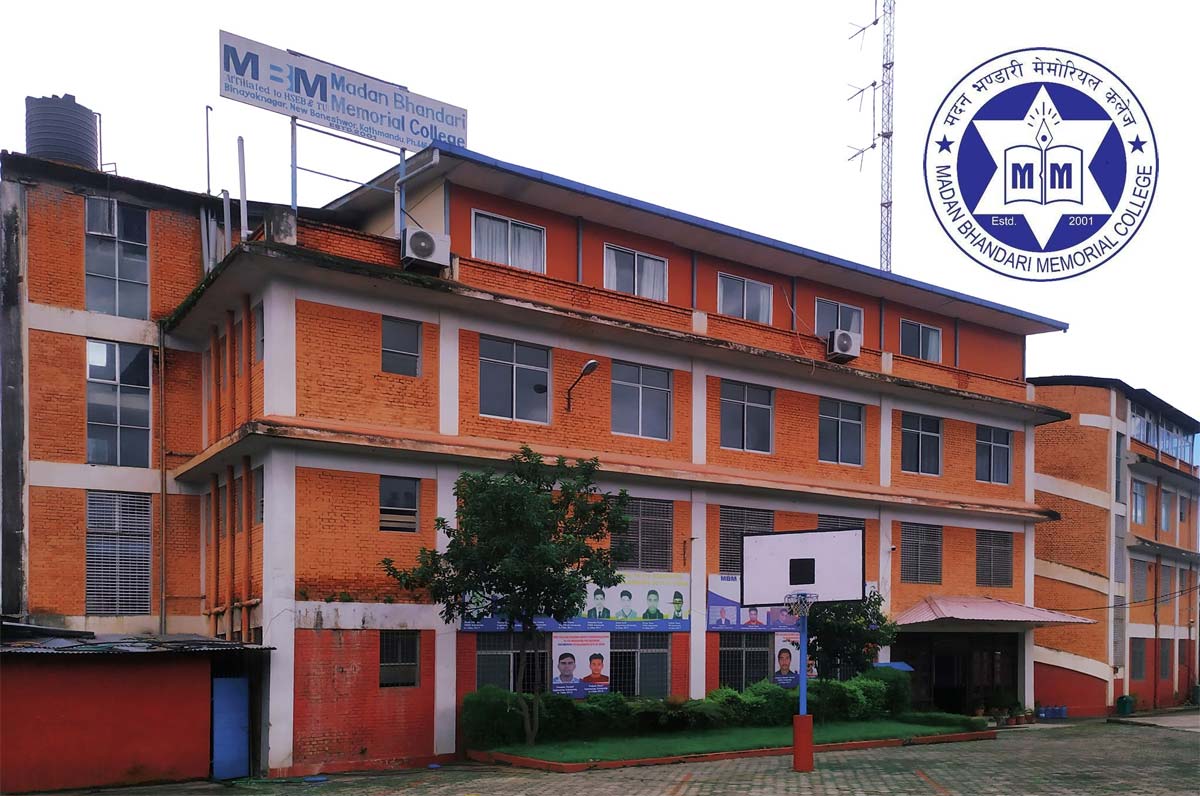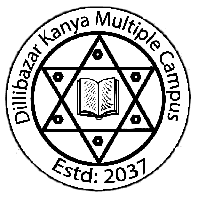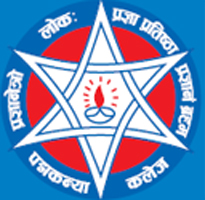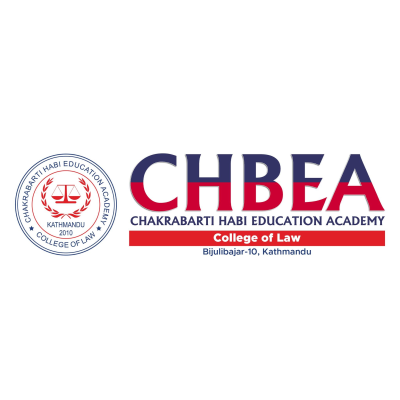Overview
MA in English at Madan Bhandari Memorial College, New Baneshwor, Kathmandu
MA in English at Madan Bhandari Memorial College (MBM College), New Baneshwor, Kathmandu runs for four semesters under Tribhuvan University’s Faculty of Humanities and Social Sciences. The course engages literature, cultural texts, rhetoric, and language studies across genres and periods.
Students write research essays, deliver presentations, and attend seminars that sharpen reading, interpretation, and academic writing.

Introduction
The MA in English at MBMC supports students who want advanced reading and writing practice in a structured setting. Close-reading workshops help learners examine language, form, and context. Research tasks encourage independent inquiry and clear argumentation. Internal assessment works through essays, mid-term checks, and presentation scores, while final examinations under TU consolidate coursework.
The college environment includes library access, supervised writing, and feedback loops. Students refine draft paragraphs, adjust citations, and prepare slides for class discussions.
Highlights
-
Affiliation: Tribhuvan University, Faculty of Humanities and Social Sciences
-
Structure: four semesters with internal assessment and end-semester examinations
-
Focus areas: literature, language, rhetoric, criticism, and cultural studies
-
Assessment: research essays, mid-term tests, presentations, participation, and finals
-
Progress support: guided writing clinics and seminar-style sessions
Curriculum Details
Literary studies and genres
Courses cover poetry, drama, fiction, and literary non-fiction across periods. Students compare texts, trace themes, and evaluate critical responses. Annotated reading logs track insights that inform essays and presentations.
Language and rhetoric
Modules address stylistics, discourse, and rhetorical strategies. Learners analyze how language builds meaning in literary and public texts. Short assignments test clarity, tone, and structure in academic prose.
Theory and criticism
Readings span major critical schools. Students study key terms, apply concepts to texts, and assess the value of theoretical frames for interpretation. Short position papers practice argument and evidence.
Research practice
A structured path leads from topic selection to literature review, method choice, and drafting. Research essays (5–7 pages or as specified by the course) train students to argue a point with sources. Faculty guide outline quality, paragraph flow, and citation habits.
Seminar and presentation
Students prepare slides, deliver concise talks, and join discussions. Peer questions prompt revision and clearer positioning. Time control and voice pacing receive attention throughout the semester.
Objectives
-
Strengthen close reading and interpretive skills across genres and periods
-
Improve academic writing, citation, and argument structure
-
Build familiarity with critical theory and its use in textual analysis
-
Prepare students for roles in teaching, editing, media writing, or further study
Scope
Graduates use their reading and writing depth in schools, colleges, publishing, and media units. Many start with roles that require careful editing, syllabus support, or content development. The degree also supports progression to MPhil and other advanced programs where strong textual analysis is essential.
Learning Outcomes
-
Read complex texts and identify key claims, methods, and contexts
-
Write clearly argued essays with coherent structure and credible sources
-
Present ideas in seminar settings and respond to questions with clarity
-
Apply critical frameworks to interpret literary and cultural texts
-
Maintain academic integrity through consistent referencing and draft revision
Skill Development Modules
-
Close reading: line-level attention to diction, syntax, and figurative language
-
Argument and structure: thesis clarity, paragraph organization, and transitions
-
Citation practice: consistent in-text references and reference lists
-
Editing workshops: sentence economy and error checks in drafts
-
Presentation skills: slide planning, stance, and timing
Teaching Methodology
Faculty use seminars, close-reading workshops, and guided presentations. Internal checks include quizzes, annotated bibliographies, and short reflections. Draft conferences focus on feedback and rewrite quality. Department sessions host guest interactions that broaden exposure to current writing and research practice.
Admission Requirements
-
Eligibility: Bachelor’s degree with English as a major subject recognized by Tribhuvan University
-
Entrance: FOHSS entrance examination as per the admission cycle
-
Documentation: transcripts, character certificate, identity proof, and recent photographs
-
Attendance: students follow college rules to qualify for internal and final assessments
Career Opportunities
-
Teaching and tutoring: classroom support, lesson preparation, and evaluation tasks
-
Editing and publishing: copyediting, proofing, and manuscript preparation
-
Media writing: features, reviews, and scripted content for print or digital units
-
Cultural organizations: program notes, documentation, and outreach writing
-
Research assistance: literature searches, summaries, and reference management
Scholarships and Financial Aid
-
Categories: merit-based and need-sensitive options announced per intake
-
Application: submission within the stated window with required documents
-
Continuation: scholarship retention linked to academic progress and conduct
Why Choose This Course?
The MA in English at MBMC values careful reading and precise writing. Students receive steady guidance on essays and presentations while engaging with theory that sharpens interpretation. The location in New Baneshwor supports daily attendance and access to campus resources.
Conclusion
The MA in English at Madan Bhandari Memorial College offers a clear route through literature, language, rhetoric, and criticism. Learners finish with stronger writing, wider reading, and presentation practice that supports entry-level academic or editorial roles and preparation for advanced study.
FAQ
How long is the MA in English?
Four semesters under Tribhuvan University.
What forms of assessment are used?
Research essays, mid-term tests, presentations, participation, and end-semester examinations.
Do students need a specific Bachelor’s background?
Yes. Applicants hold a Bachelor’s degree with English as a major subject, subject to FOHSS entrance rules.
What attendance is required?
Students follow college rules to qualify for internal and final assessments.
What roles do graduates pursue?
Teaching support, editing, publishing assistance, media writing, cultural documentation, and research help.




















